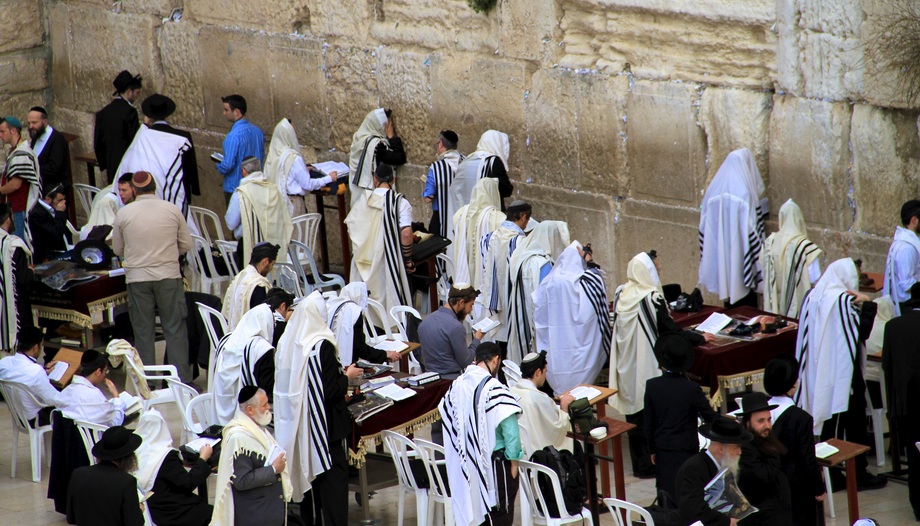To date, data was available on the religious congregations that took part in this initiative (100 women's congregations and 55 men's congregations) and the number of people that each one took in, information that was published by the historian Renzo de Felice in 1961. However, the list of the people who had taken refuge in these centers was believed to be lost.
The data
The documentation found indicates that there were a total of 4,300 refugees in religious institutes. Of these, the names of 3,600 are given. Approximately 3,200 are Jews, of whom the place of origin is known. hid and, in some cases, where they resided before the persecution began.
The new documentation was presented on September 7, 2023 at the Shoah Museum in Rome at the event "Rescued. Jews hidden in the religious institutes of Rome (1943-1944)". A statement from the Holy See on this topic indicates that "the documentation considerably increases the information on the history of the rescue of Jews in the context of religious institutions in Rome. For privacy reasons, access to the document is currently restricted."
The origin of the documentation
It was the Italian Jesuit Gozzolino Birolo who, between 1944 and 1945, compiled the documentation that has now been found, an operation he carried out just after the liberation of Rome (the Nazis occupied the city for nine months, from September 10, 1943 to June 4, 1944, the date on which the Allies liberated the city). About Gozzolino Birolo, the communiqué of the Holy See states that "he was bursar of the Pontifical Biblical Institute from 1930 until his death from cancer in June 1945. Also, during that time, the Jesuit and Cardinal Augustin Bea, known for his dedication to dialogue between Jews and Catholics (for example, with the document "Nostra Aetate" of the Second Vatican Council), was rector of the Institute.
Historians Claudio Procaccia, director of the Cultural Department of the Jewish Community of Rome, Grazia Loparco, of the Pontifical Auxilium Faculty of Education, Paul Oberholzer, of the Gregorian University, and Iael Nidam-Orvieto, director of the International Institute for Holocaust Research at Yad Vashem have been in charge of studying the new documents. Dominik Markl of the Pontifical Biblical Institute and the University of Innsbruck, and the Canadian Jesuit Michael Kolarcik, rector of the Pontifical Biblical Institute, were the coordinators of the research.








